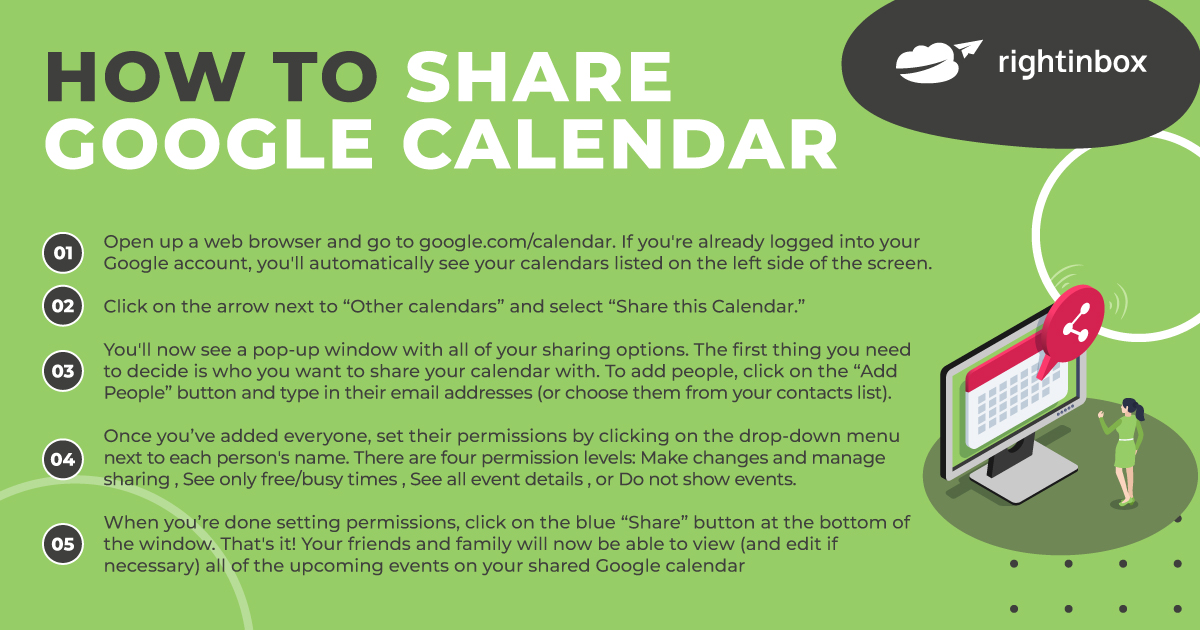Mastering Google Calendar Search: A Complete Information
Associated Articles: Mastering Google Calendar Search: A Complete Information
Introduction
With nice pleasure, we are going to discover the intriguing matter associated to Mastering Google Calendar Search: A Complete Information. Let’s weave attention-grabbing info and supply contemporary views to the readers.
Desk of Content material
Mastering Google Calendar Search: A Complete Information

Google Calendar is a robust device for managing your schedule, however its true potential unlocks whenever you grasp its search performance. Past merely viewing your upcoming occasions, Google Calendar’s search lets you delve deep into your previous and future appointments, uncovering particular particulars and streamlining your workflow. This complete information will equip you with the abilities to successfully search your Google Calendar, no matter its measurement or complexity.
Understanding the Fundamentals: The Search Bar and its Energy
The first interface for looking your Google Calendar is the search bar situated on the prime of your calendar view. This seemingly easy area is the gateway to a classy search engine tailor-made particularly to your calendar information. Do not underestimate its capabilities; it is extra highly effective than a easy key phrase search.
To provoke a search, merely click on into the search bar and start typing. Google Calendar’s search algorithm intelligently interprets your enter, suggesting related occasions and providing auto-complete choices as you sort. This predictive performance considerably hastens the search course of, particularly for steadily accessed occasions or recurring conferences.
Past Key phrases: Leveraging Superior Search Operators
Whereas easy key phrase searches are helpful for locating occasions with particular names or descriptions, Google Calendar’s search performance extends far past fundamental textual content matching. Mastering its superior search operators unlocks a degree of precision and management that transforms the way you work together along with your calendar.
1. Date and Time Specifiers:
Looking by date and time is essential for pinpointing particular appointments. Here is how you can do it successfully:
- Particular Dates: Use the precise date in "YYYY-MM-DD" format (e.g., "2024-03-15") to search out occasions on a specific day. You may also use extra versatile codecs like "March 15" or "subsequent week."
- Time Ranges: Mix dates with time ranges to slender your search additional. For instance, "2024-03-15 earlier than 10am" will show occasions on March fifteenth that begin earlier than 10 AM. Equally, "after 5pm tomorrow" will present occasions beginning after 5 PM on the next day.
- Relative Time: Use phrases like "right now," "tomorrow," "yesterday," "this week," "subsequent week," "this month," "subsequent month," and "this yr" for handy searches primarily based on relative time durations.
2. Key phrase Search Refinements:
Utilizing key phrases successfully is crucial. Contemplate these factors:
- Partial Matches: The search engine understands partial key phrases. Typing "meet" may return occasions containing "assembly," "meetup," or "interview."
- A number of Key phrases: Use a number of key phrases separated by areas to mix search standards. For instance, "mission X assembly shopper Y" will return occasions containing all three key phrases.
- Actual Phrases: Enclose phrases in double quotes (" ") to seek for occasions containing the precise phrase. For instance, "crew brainstorming session" will solely return occasions with that exact phrase.
3. Location-Based mostly Searches:
Should you recurrently report areas in your calendar occasions, you may leverage this information for environment friendly searches:
- Location Key phrases: Merely sort the situation (e.g., "Starbucks," "workplace," "residence") to search out occasions scheduled at that place.
- Tackle Specificity: For extra exact outcomes, use the complete tackle or a partial tackle. Google Calendar’s geolocation capabilities will assist establish matching occasions.
4. Visitor and Attendee Searches:
Collaborating on occasions typically includes inviting company. Google Calendar lets you search primarily based on attendees:
- Visitor Names: Sort the title of a visitor (e.g., "John Doe") to search out occasions the place they’re invited.
- Electronic mail Addresses: Use electronic mail addresses to find occasions involving particular people.
5. Using Calendar Labels and Colours:
Organizing your calendar with labels and colours is very beneficial. This enables for environment friendly searches primarily based on categorization:
- Label Names: Sort the title of a label (e.g., "work," "private," "household") to search out occasions related to that label. Notice that this depends on having labels already assigned to your occasions.
- Coloration-Coded Searches: Whereas indirectly searchable by shade, color-coding helps visually establish occasions throughout guide shopping after a key phrase search.
6. Combining Search Operators for Most Precision:
The true energy of Google Calendar search lies in combining these operators. For instance:
- "assembly shopper X subsequent week after 3pm"
- "mission Y deadline this month earlier than 10am"
- "John Doe Starbucks tomorrow"
These advanced searches dramatically cut back the variety of outcomes, making it simpler to search out the precise occasion you want.
Troubleshooting Frequent Search Points:
Regardless of its energy, Google Calendar search may sometimes current challenges. Listed here are some widespread points and their options:
- Incorrect Date Codecs: Make sure you use the right date format ("YYYY-MM-DD" is beneficial). Inconsistent formatting can result in inaccurate outcomes.
- Typos and Misspellings: Double-check your spelling, as even minor errors can stop discovering the specified occasion.
- Case Sensitivity: Google Calendar search is usually not case-sensitive, however utilizing constant capitalization can enhance readability and readability.
- Overly Broad Searches: In case your search returns too many outcomes, refine your key phrases or add extra particular operators to slender the scope.
- Outdated Calendar Knowledge: Guarantee your calendar is synchronized and up-to-date. Delayed synchronization may stop not too long ago added occasions from showing in search outcomes.
Optimizing Your Calendar for Efficient Looking:
To maximise the effectiveness of Google Calendar search, contemplate these optimization methods:
- Constant Naming Conventions: Use constant and descriptive titles in your occasions. Keep away from ambiguous or overly generic names.
- Detailed Descriptions: Embrace related particulars within the occasion descriptions, together with areas, attendees, and any necessary notes.
- Strategic Use of Labels and Colours: Categorize your occasions with labels and colours to facilitate visible identification and focused searches.
- Common Calendar Cleanup: Periodically overview and delete outdated or irrelevant occasions to take care of a clear and arranged calendar, bettering search effectivity.
Conclusion:
Google Calendar’s search performance is a robust device typically underutilized. By mastering the superior search operators and optimization strategies outlined on this information, you may remodel your interplay along with your calendar, considerably rising effectivity and productiveness. From discovering a selected assembly from months in the past to rapidly figuring out upcoming deadlines, the power to successfully search your Google Calendar is a talent that may prevent worthwhile time and cut back frustration in your every day schedule administration. Keep in mind to experiment with totally different search combos to find the simplest methods in your particular person wants and workflow. The extra you follow, the more adept you may turn into at navigating and extracting info out of your Google Calendar with ease.








Closure
Thus, we hope this text has supplied worthwhile insights into Mastering Google Calendar Search: A Complete Information. We thanks for taking the time to learn this text. See you in our subsequent article!